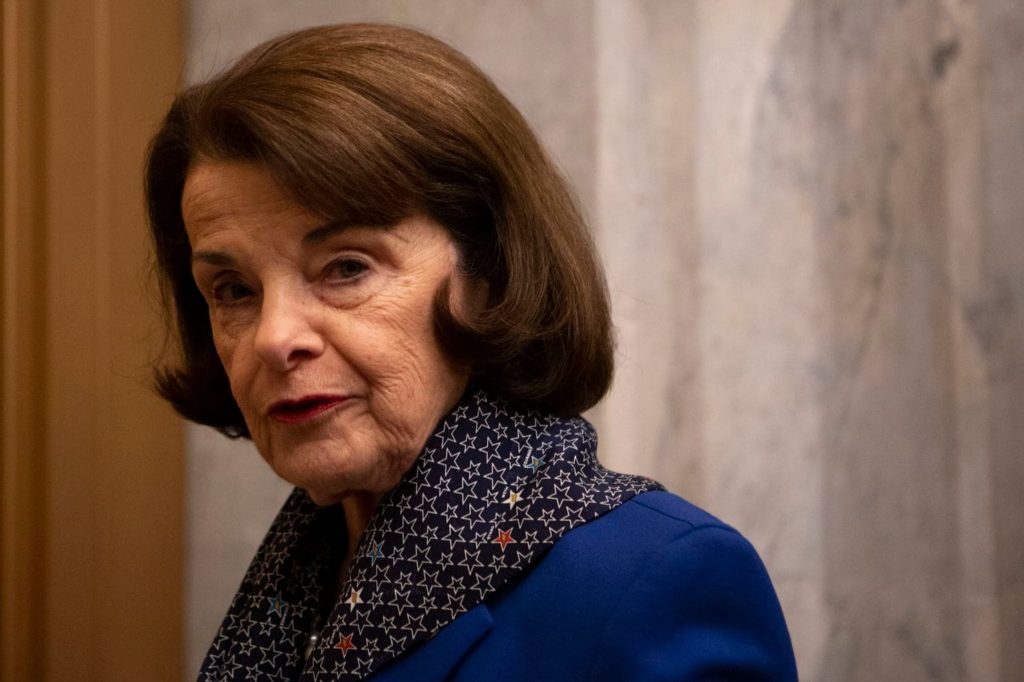
Veteran Senator Dianne Feinstein (D-CA) made headlines recently when a video of her heated exchange with activists from the Sunrise Movement circulated on social media platforms. The Sunrise Movement, a youth-led organization devoted to advocating Congressional action on climate change, sent young children to Feinstein’s office, asking for her support for the Green New Deal, the progressive and ambitious climate change resolution proposed by Rep. Alexandria Ocasio-Cortez (D-NY).
In the video, Feinstein admonishes the children: “You come in here, and you say it has to be my way or the highway. I don’t respond to that…I know what I’m doing, so maybe you people should listen a bit.” The video was met with exceedingly negative response from the progressive branch of the Democrats, with liberal news outlets criticizing Feinstein’s patronizing and dismissive tone, particularly considering that the issue of climate change has far more pressing ramifications for the teenage activists than for the octogenarian senator. Others came to Feinstein’s defense, especially after a longer video was posted on Facebook in which Feinstein asks the activists for input on her more moderate alternative to the Green New Deal.
The collective uproar over Feinstein’s video encapsulates the ongoing discord between the progressive and centrists wings of the Democratic Party, as the Democrats seek to recapture the White House in 2020. The progressives argue that the path to a Democratic president lies in emulating President Trump’s 2016 electoral strategy and energizing passionate base constituents by championing a progressive platform. To that end, prominent candidates like Senators Elizabeth Warren (D-MA), Kamala Harris (D-CA), and Corey Booker (D-NJ) have embraced rival Senator Bernie Sanders’ (I-VT) unabashedly progressive initiatives like Medicare-For-All, even though Sanders’ support for the proposal that would end private health insurance was decried as radical when he ran almost four years ago. Centrist candidates, like Senator Amy Klobuchar and—potentially—former Vice President Joe Biden, regard the path to defeating Trump as appealing to voters in Rust Belt states like Michigan and Wisconsin that unexpectedly flipped red in 2016, and are wary of overtly populist policies like free college and Medicare-for-All that would be too radical for swing-state voters.
Regardless of whether a progressive or a centrist candidate is ultimately chosen as the Democratic standard-bearer in 2020, the two sides must eventually reconcile their differences and avoid the lingering bitterness that characterized the Bernie-Hillary divide in 2016. As the polarized reaction to Feinstein’s encounter demonstrates, the Democrats are still a long ways away from accomplishing the reconciliation necessary to unite the party and have any hope of defeating President Trump.
George Zhai



